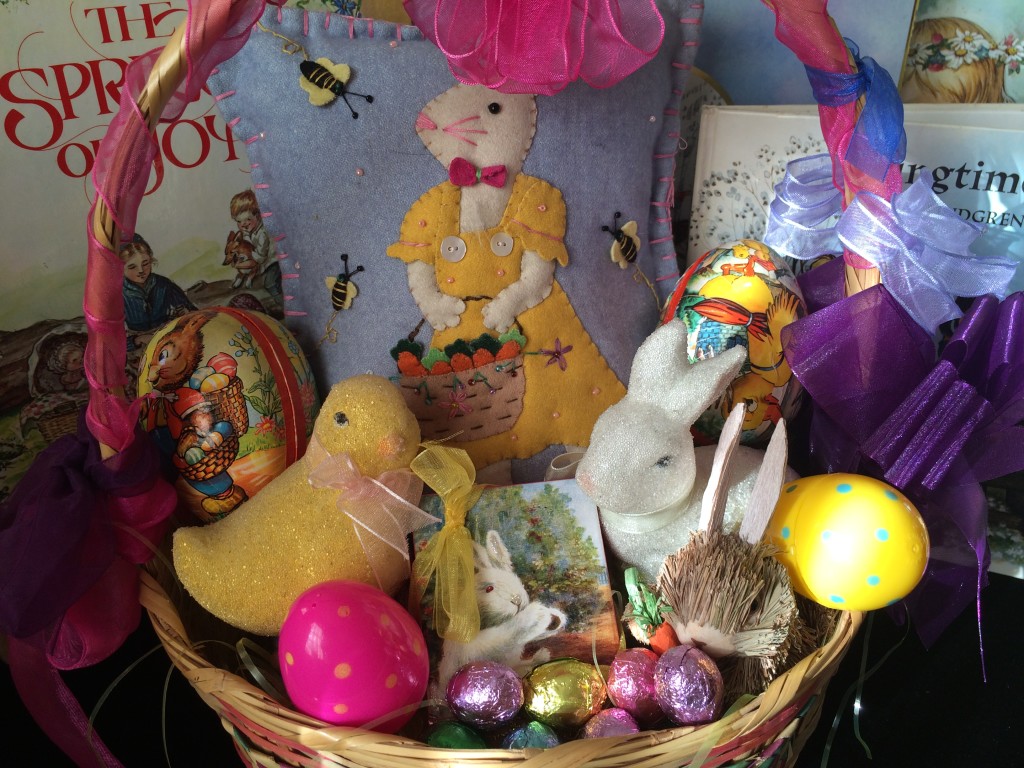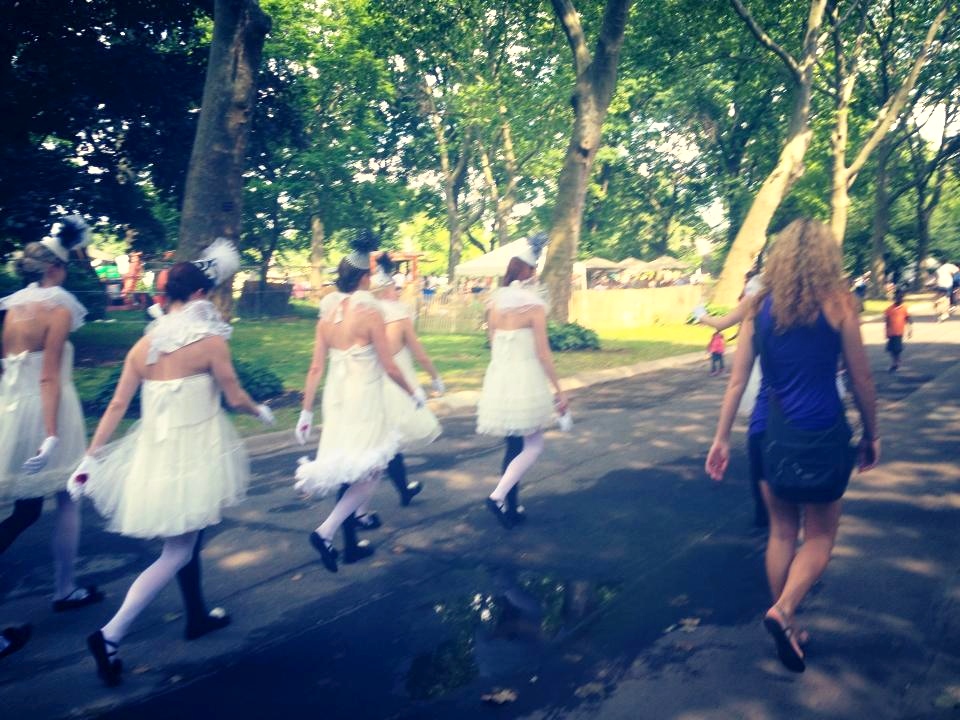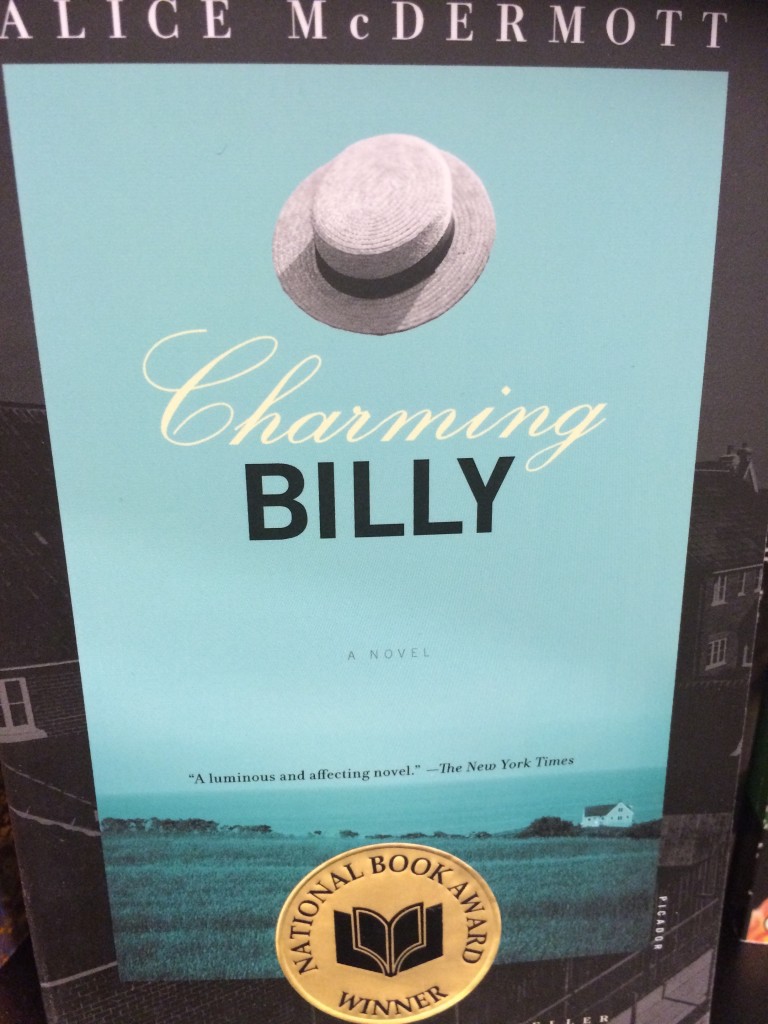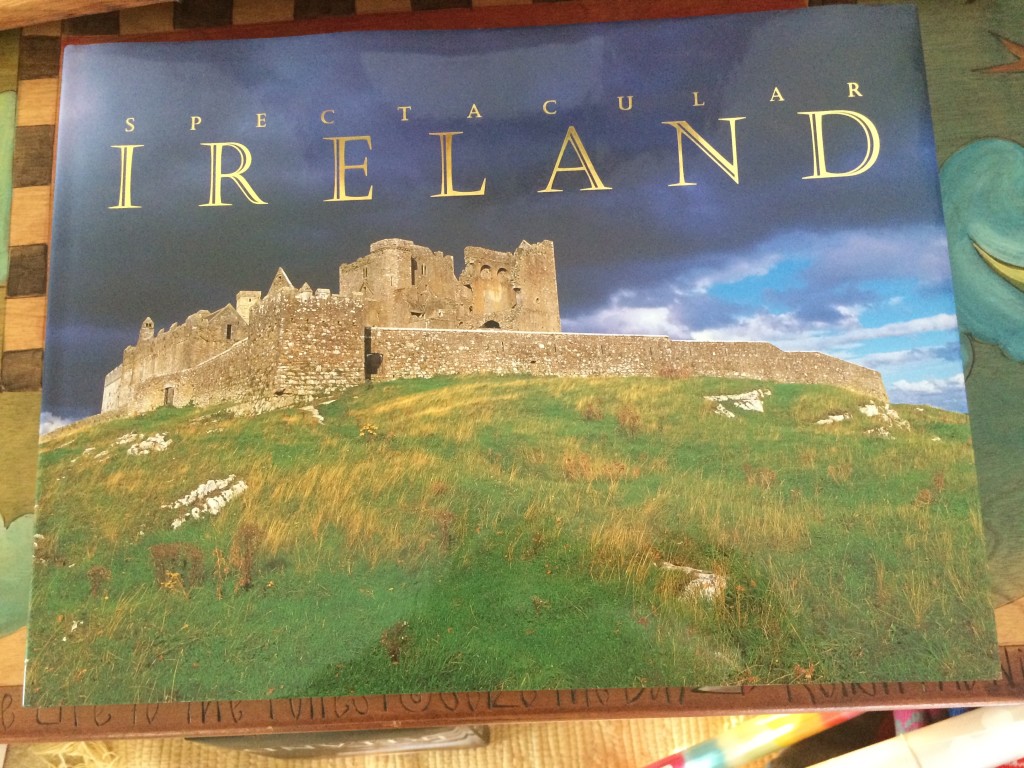Please note: ATG was “traveling” last week along “Rose’s Ridge” in another “realm” – we’ll be back at the “table” this week!
Until then, here’s a glimpse into our travels in the land of “hula honeys” and a reflection on The Aloha Spirit.

Please note: ATG was “traveling” last week along “Rose’s Ridge” in another “realm” – we’ll be back at the “table” this week!
Until then, here’s a glimpse into our travels in the land of “hula honeys” and a reflection on The Aloha Spirit.

We’re featuring “All Things Hawaiian”! Check out our reflection on our travels in O’ahu, some interesting facts on Hawai’i and a look at the meaning of Aloha and “The Aloha Spirit.” Stay tuned for some delicious Hawaiian “treats”, such as…


And, always remember to…
Please note: ATG was “traveling” last week along “Rose’s Ridge” in another “realm” – we’ll be back at the “table” this week!
Until then, here’s a glimpse (and another one, and this, and one more) into our travels in the land of “hula honeys”…and a reflection on The Aloha Spirit.

 This Easter season, we reflect on why traditions matter, offer both “old” and new delicious Spring recipes, and feature ATG’s pick of some of the most famous and unique Easter traditions from around the world, below:
This Easter season, we reflect on why traditions matter, offer both “old” and new delicious Spring recipes, and feature ATG’s pick of some of the most famous and unique Easter traditions from around the world, below:
Most interesting Easter tradition: Sommertagszug or “the summer day parade”
This parade takes place three weeks before Easter on Laetare Sunday (also known as mid-Lent) in the southwest provinces of Germany. It is intended to welcome the summer season and bid winter adieu.
The parade includes a Zug (train parade) full of kids dressed as little ducklings, with yellow rain jackets and ducks’ heads as hats, holding pretzels placed at the tip of sticks, which are decorated with ribbons and have an egg in the middle. Read more
Please note: this piece was also published in The Huffington Post.
 Much like any other holiday or religious observance, Easter brings with it a variety of cultural and familial traditions. Whether it be participating in a neighborhood Easter egg hunt, painting Easter eggs with your family (and deliberately sabotaging them so yours turn out better), attending a sunrise service or decorating trees with Easter eggs, it is often these small traditions that create happy and lasting memories, holding a special place in our life as we grow older.
Much like any other holiday or religious observance, Easter brings with it a variety of cultural and familial traditions. Whether it be participating in a neighborhood Easter egg hunt, painting Easter eggs with your family (and deliberately sabotaging them so yours turn out better), attending a sunrise service or decorating trees with Easter eggs, it is often these small traditions that create happy and lasting memories, holding a special place in our life as we grow older.
Yet, while we tend to welcome and value such traditions, the word “tradition”* or “traditional” – removed from a seasonal or celebratory context – tends not to be the most lauded term, particularly in a world that continues to “progress” at an unprecedented speed, with an abundant number of changes, upgrades and “improvements” impressed upon us daily.
It seems only natural, then, for questions to arise as to the point of or value of tradition:
 Please note: this piece was also published in The Huffington Post.
Please note: this piece was also published in The Huffington Post.
It seems rather fitting that the birthday of the late Fred McFeely Rogers (1928-2003) – the renowned, award-winning creator and host of the creative children’s television series Mister Rogers’ Neighborhood – falls on the first day of Spring each year, March 20.
I can hardly think of a better way to welcome our long lost “neighbor” – the much anticipated, desperately needed Spring season – than to recall the catchy tune Mister Rogers routinely sang with a warm and friendly demeanor during the beginning of each show:
 Happy Spring! Add a little “spring” to your step with ATG’s top 10 inspirational quotes from the book, Life’s Journey According to Mister Rogers:
Happy Spring! Add a little “spring” to your step with ATG’s top 10 inspirational quotes from the book, Life’s Journey According to Mister Rogers:1. “’Someone else’s action should not determine your response.’ It sounds so simple, doesn’t it? And yet what if someone else’s action should be shouting angry words at us or hitting us with a rotten tomato? That doesn’t affect what we do in response? Not if our compassion is genuine. Not if our love is the kind the Dalai Lama advocates.”
2. “’The outside is never as much as the inside…’ As you may know by now, that’s one of the major themes of our work: The invisible essential. Oh, the outsides of life are important, but the insides are what enhance so much of the rest.” Read more
 In celebration of St. Patrick’s Day 2015, ATG is exploring “All Things Irish.” Below is a book review of the Irish American novel Charming Billy by Alice McDermott.
In celebration of St. Patrick’s Day 2015, ATG is exploring “All Things Irish.” Below is a book review of the Irish American novel Charming Billy by Alice McDermott.
Alcoholism. Loyalty. Generosity. Poverty. Catholicism. Redemption. And love. These are the central themes running through Alice McDermott’s award-winning Irish American novel, Charming Billy (1998), which tells the story of the life and trials of one Billy Lynch – an enigmatic Irish American man from Queens, NY who seemingly succumbed to alcoholism after “losing” the love of his life.
Full of insight into the culture, values and struggles of Irish Americans, McDermott also offers glimpses into the stereotypes associated with the Irish, such as references to “Paddy,” Irish policemen, and the song “Danny Boy”*, while sprinkling episodes of humor throughout, giving this novel a distinctly Irish American feel.
As one might expect of such a novel, faith and Catholicism – and the subsequent guilt that is so characteristic among Irish Catholics – play a prominent role as the story unfolds. “I was certain I was going to hell…”, says Billy’s love interest, Eva, during their childhood. “…don’t all children think they’re going to hell?” Read more
We’ll be wrapping up our feature of “All Things Irish” this week…stay tuned for a few more Irish “treats”!
 Your guide to “All Things Irish”:
Your guide to “All Things Irish”:
What one Irish American thinks about St. Patrick’s Day
How we can use the “luck of the Irish” in our everyday lives
Why the Irish just can’t help their “fighting irish” instincts
What traditional Irish songs you’d likely hear in a bar in Dublin
Why you should watch the Irish movie “Some Mother’s Son“
Delicious Irish dishes you’ll want to try
Irish songs to sing, bake and riverdance to (with recipes)
A classic Irish american novel by Alice McDermott
And a little bit of that classic Irish humor…
 In celebration of St. Patrick’s Day 2015, ATG is exploring “All Things Irish” for the next couple weeks. Below we debunk the “Fighting Irish” stereotype. Stay tuned for more!
In celebration of St. Patrick’s Day 2015, ATG is exploring “All Things Irish” for the next couple weeks. Below we debunk the “Fighting Irish” stereotype. Stay tuned for more!
For all of their well-known and esteemed attributes, such as hospitality, loyalty, friendliness and humor, the Irish have never been able to escape the “fighting Irish” stigma – the stereotype of being drunkard, hotheaded and “barbaric” people.
Indeed, famous Irish proverbs read: “An Irishman is never at peace except when he’s fighting”, “Better be quarreling than lonesome” and “The Irish don’t know what they want and are prepared to fight to the death to get it.”
A look back at the history of the Irish – particularly Irish immigrants in America – however, sheds some light on why, in many ways, the Irish just can’t help their “fighting” instincts. Read more